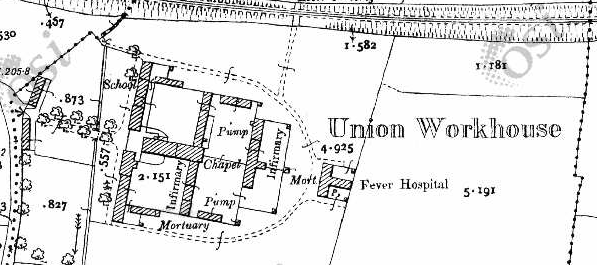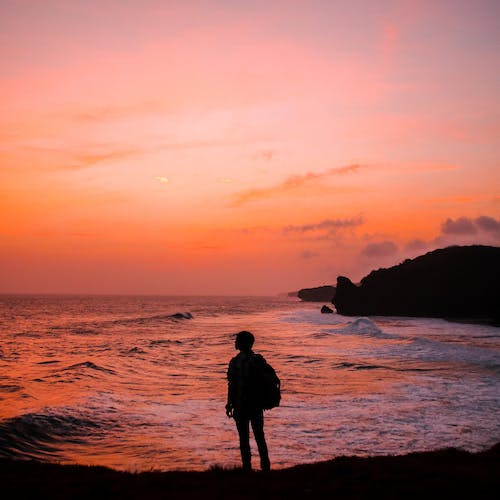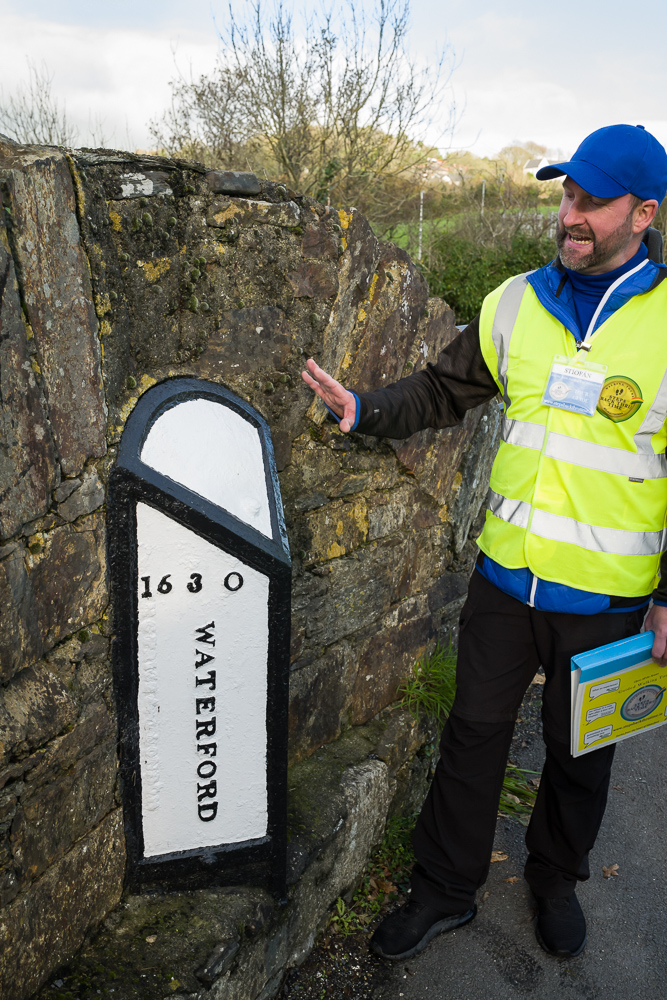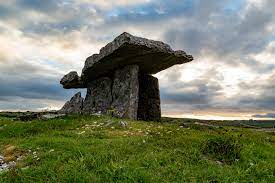Leave No Trace Ireland – The 7 principles
What is Leave No Trace Ireland?
Leave No Trace Ireland provides research, education and outreach so every person who ventures outside can protect and enjoy the outdoors responsibly. They offer a range of educational opportunities through workshops, certified training courses, events and schools programmes all based upon their 7 principles.
What are the 7 principles of Leave no Trace?
- Plan Ahead and Prepare
Research and planning are vital elements when going on a trip anywhere. In terms of a Steps Back Thru Time guided walking tour, make sure you wear proper footwear to carry out a 5km looped route, wear proper clothing to suit the weather at the time of your tour, in Ireland especially Kilmacthomas the weather can change every three minutes so prepare for that to happen. Bring what you need in all weathers. - Be Considerate of Others
Respect all signs, regulation policies and special concerns for the area you visit.The Waterford Greenway is a ‘shared space’ which means it’s for all types of users to enjoy – walkers, cyclists, wheelchair-users, dog-walkers and children. This is why there is a simple code of conduct which is based on respect.
There are visual signs at key access points on the Greenway which explains the simple Code:
- While walking or cycling please stay left and pass on the right.
- If you are on a bike, cycle at a safe speed and remember to ring your bell to make sure that walkers know you are behind them before passing. Remember, walkers listen out for those bells. The Waterford greenway is a leisureway not a raceway and there are no prizes for “No Bell” winners and it is not the Tour de France you are on!.
- Stop and give way to traffic at the red chicane gates.
- All dogs should be kept on a short leads and remember to clean up after your pets.
I had the incident of a pet owner walking in front of me leaving their prized pooch litter the greenway and when I asked why they didn’t clean up, I was shouted upon and ignorantly the owner felt they had done nothing wrong so I decided to talk calmly to them and explain the consequences that litter could lead to if I was a person on my bicycle, a wheelchair owner or possibly a walker with vision impairment that their wheels/ tools could be covered in the dog litter and hygenically that could be a nightmare for them to clean off. The owner realised their ignorance and suddenly found a tissue and a disposable bag to pick up the litter and I hope will in future consider the consequences of not cleaning up after their valuable pooch.
- Respect farm animals and wildlife
Dogs should be kept on short leads and under control at all times. I have personally noticed dogs being left loose on the Waterford greenway by owners and cyclists nearly colliding with their precious pooches as well as nearly being torn to shreds by other loose dogs. I have also witnessed native wildlife being chased by loose dogs and the owner of the dog ignoring them as if nothing is happening. - Travel and Camp on durable ground
In popular areas, such as Kilmacthomas, I have noticed campervans and tents being pitched alongside the River Mahon and next to the Woollen Mill. This location can and is a flood plain for the River Mahon so care should be taken when pitching tents and using this location as your temporary camping ground. Remember, to leave no trace once you’ve packed up to leave. I have visibly seen campervans emptying their human faeces toilets in this area without the consideration of any local flora and fauna destruction by seeping into the local river. - Leave what you find
Respect property and rules setout by owners of the property.
Archaeological structures, old walls and heritage artifacts should not be disturbed or damaged. Graffitti or etching your name into the old Rhyolite stones on the curved viaduct bridge in Kilmacthomas is something to be avoided.
Leave natural rocks, plants and other natural objects as you find them.
Avoid introducing non native plants, so with that free packet of wild flowers you sow along the verges of greenways, you’re damaging and often times destroying native plants with more invasive attacking plants such as black grass and many other invasive species. Research or contact the Irish Biodiversity centre in Waterford for help on where to source seeds on native plants if this is your good deed of the day. - Dispose of waste properly
Expecting others to clean up after you is something very ignorant and should be avoided on all trips outdoors. If you can bring rubbish with you when visiting sites then you can certainly takeaway any rubbish too. Wax Coffee cups and takeaway wrappings are so often seen scattered throughout the greenway so are they such an inconvienence to carry with you to the nearest bin to dispose of? It will take 250 years for that coffee cup and plastic lid to breakdown so simply bring it away with you. - Minimise the effects of fire
Disposable barbeques, camp fires are always a huge concern and should be avoided as best they can, if using them then take special care when setting up and disposing of afterwards. It is advised to practice using them in a safe place first before trying them elsewhere so as to know how to light safely, use and cook food on, then dispose or quench afterwards. So often especially on beaches and rivers will you find disposable barbeques thrown after use, these are dangerous to native animals and pollute our rivers so please take consideration of others after you used them cautiously. Fire can be super destructive and leaves huge lasting impacts on environments if gone out of control due to stupidity and ignorance.
How can I get in touch with Leave no Trace Ireland?
I am an accredited trainer for Leave No Trace Ireland https://www.leavenotraceireland.org/people/8223/
and more information about this fantastic organisation can be found at https://www.leavenotraceireland.org









